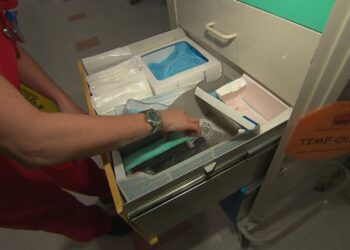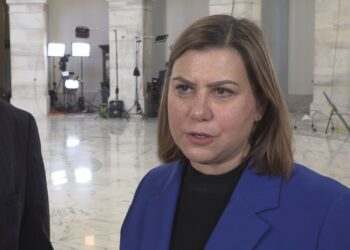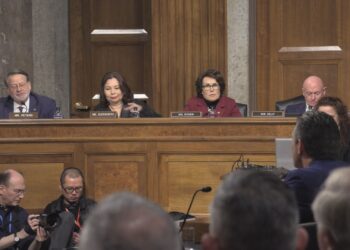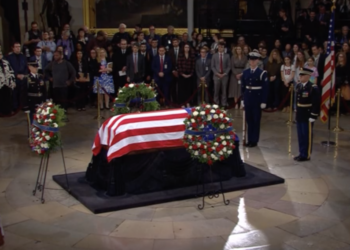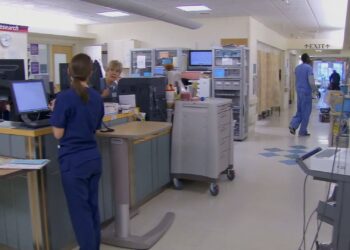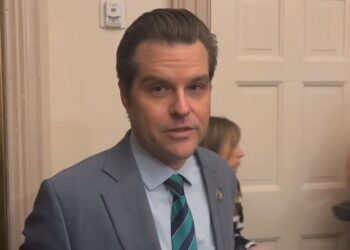WASHINGTON, D.C. – Congress and the White House are facing a debt ceiling showdown. President Joe Biden and Speaker of the House Kevin McCarthy met to begin discussions on this. Members are sounding the alarm about the economic implications if the US defaults on its debt.
“I was very clear with the president, we should not wait five months let’s not put America through turmoil right,” said Speaker Kevin McCarthy (R- CA).
Following a meeting with President Biden at the White House, Speaker McCarthy said he’ll continue talks with the president on the debt ceiling, which is the cap on the total amount of money the government is allowed to borrow to fulfill its financial obligations. Two years ago, congress agreed to raise the borrowing cap to 31-trillion dollars. Some members see this as an opportunity to cut back on government spending, while others believe the limit should be lifted. For now, McCarthy is keeping quiet on the details saying he’s not going to negotiate this through the press.
“I’m very clear: We will not pass a clean debt ceiling without some form of spending reform,” said McCarthy.
“We should pass the debt ceiling, clean, that’s where we’re at,” said Sen. Chuck Schumer (D-NY).
Democratic members are clashing with republicans on the debt ceiling debacle saying if the US defaults on its debt, it could cripple the economy and stock markets.
“This default would mean real dollars coming out of American families’ wallets,” said Sen. Schumer. “Mortgages, car loans, credit card rates, would all go up.”
Schumer warns of the implications for all Americans, including those who live in rural areas like some of his constituents in New York.
“Medicare reimbursements for our hospitals would go way down,” said Schumer. “Healthcare treatment would be worse, healthcare treatment would be more expensive and there would be massive layoffs at so many of our hospitals in particularly rural areas many in my counties the hospital is the largest employer.”
The Treasury Secretary informed congress earlier that they will be using extraordinary measures to keep the US from defaulting but they believe congress has until June to figure that out.

